With a world in constant upheaval, how do leaders cope in a crisis? In this season, Eksteen de Waal talks to leaders from different backgrounds and roles; Reformed leaders from organised crime, Politicians, military and police, as well as corporate leaders, consultants and leadership coaches. What do you need to lead when the chips are down, and what are effective strategies to not only cope, but thrive.

With a world in constant upheaval, how do leaders cope in a crisis? In this season, Eksteen de Waal talks to leaders from different backgrounds and roles; Reformed leaders from organised crime, Politicians, military and police, as well as corporate leaders, consultants and leadership coaches. What do you need to lead when the chips are down, and what are effective strategies to not only cope, but thrive.
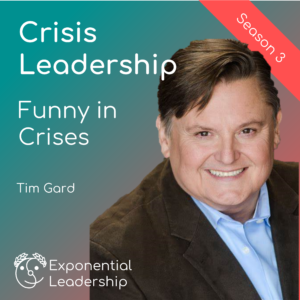
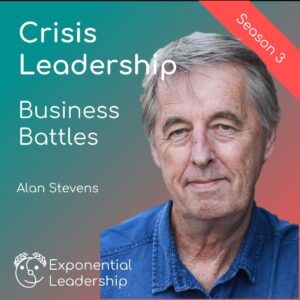

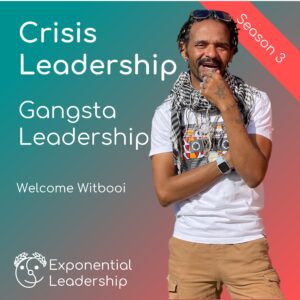
When Eksteen began season two, he wanted to focus on how leaders connect with those they lead and how meaningful and valuable those connections are. This season contains insights from fields as diverse as Neuroscience, surgical teams, and professors in organisational behaviour and strategy to Ukrainian refugees and charitable foundation leaders. It became a season looking at how people assist each other and how leaders can help and support those they lead .

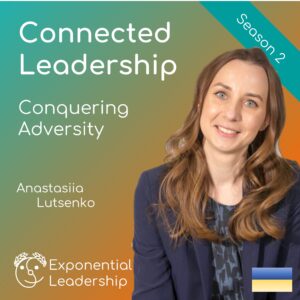



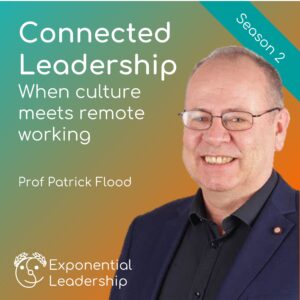




When Eksteen de Waal decided to do a podcast, he wanted to start close to his practice and his heart. The first series is a testament to the fantastic people Eksteen has met in his life. What if relationships were at the heart of Leadership? What would that look like? In the first season of the Exponential Leadership podcast, Eksteen explores what Leadership as a relationship could be and how we can learn from different perspectives. Guests range from an advisor to the American president on diversity and inclusion, a bar association president fighting racism to professors redefining Leadership and understanding neuroscience in the connections we form, to a start-up accelerator director and a professor looking at what makes start-up teams and leaders successful. Brilliants minds from the dean of research at one of the top management research institutions (ERIM) to the president and assistant dean of two institutes of academic research and education. Eksteen brings you people with a considered opinion, unique insights and brilliant minds. He shows that you do not have to be famous to ensure value to you, the podcast listener.







